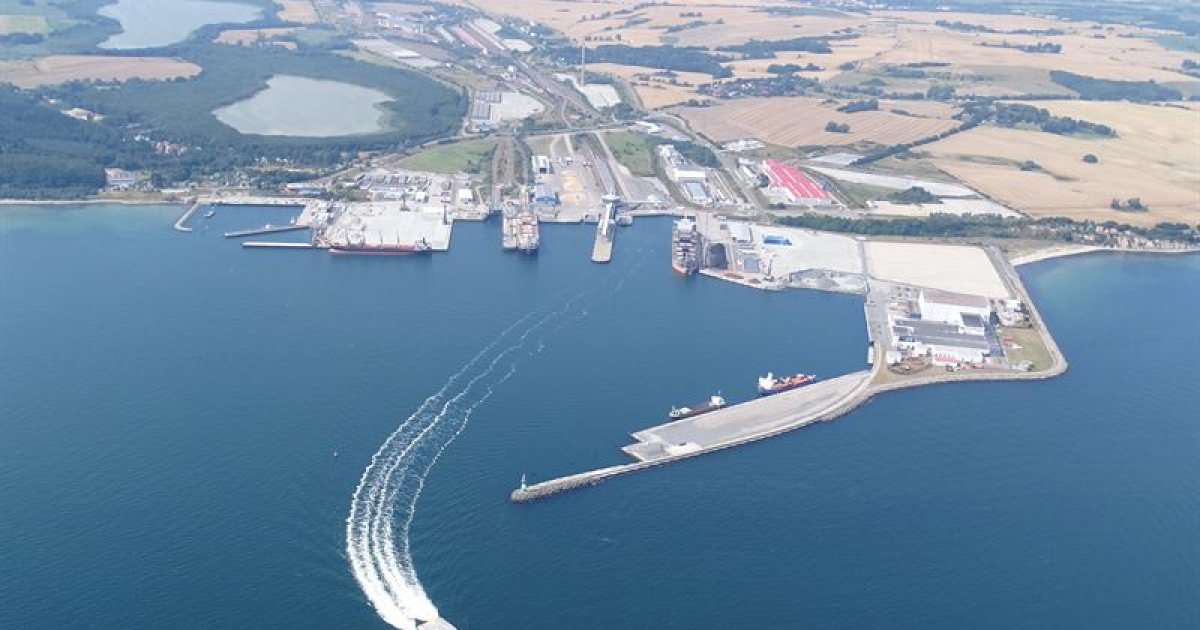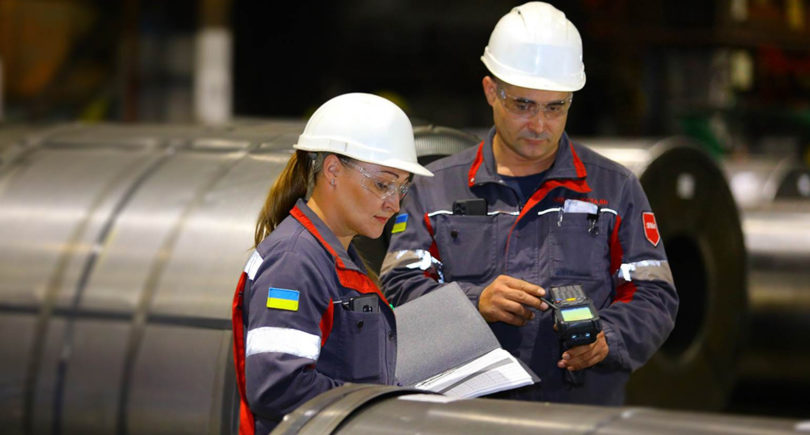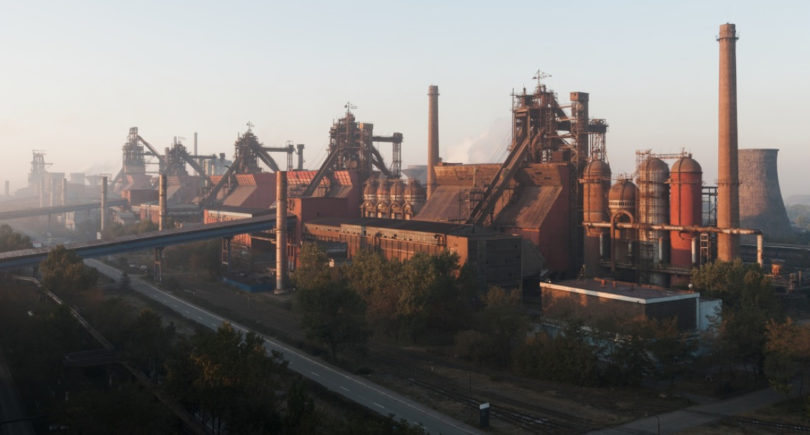
News Companies decarbonization 1495 07 December 2024
The new plant will help reduce the company's direct emissions by up to 50% and strengthen its environmental position
Outokumpu, a leading global producer of sustainable stainless steel, has announced a €40 million investment to build a bio-carbon plant in Sassnitz, Germany. This project is part of its strategy to reduce emissions and implement sustainable technologies in steel production, the company said in a press release.
The new plant will have a capacity of 15 thousand tons of biochar per year, which will be produced from wood waste. The facility is expected to start operating in the first half of 2026. The resulting biochar will become a raw material for biocoke used in the production of ferrochrome at the Outokumpu plant in Tornio, Finland, which will start operating in 2025.
According to the company, the introduction of biocoke could reduce its direct emissions by 50%, which is critical in the context of the reduction of free allowances under the European Emissions Trading System (ETS).
“We are proud that our stainless steel has the lowest carbon footprint in the industry – up to 75% lower than the global average. Investments in bio-carbon and other innovative technologies are important steps towards achieving our goal of reducing emissions by 42% by 2030,” commented Stefan Erdmann, CTO of Outokumpu.
In addition to producing biocoke, the Zasnica plant will use by-product gases to generate heat and electricity, making the project financially viable. Outokumpu also continues to develop new technologies, including carbon capture and utilization (CCUS), and is looking for partners to scale up its environmental initiatives.
As GMK Center reported earlier, global stainless steel production in January-June 2024 increased by 6.3% compared to the same period in 2023 to 30.37 million tons. During this period, Europe increased its stainless steel production by 0.3% y/y – to 3.14 million tons, and the United States by 9% y/y – to 1.03 million tons.




